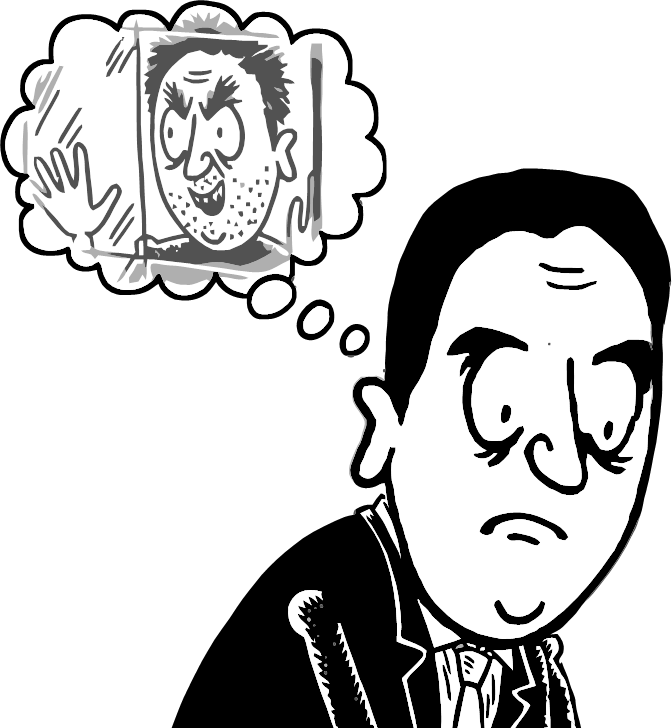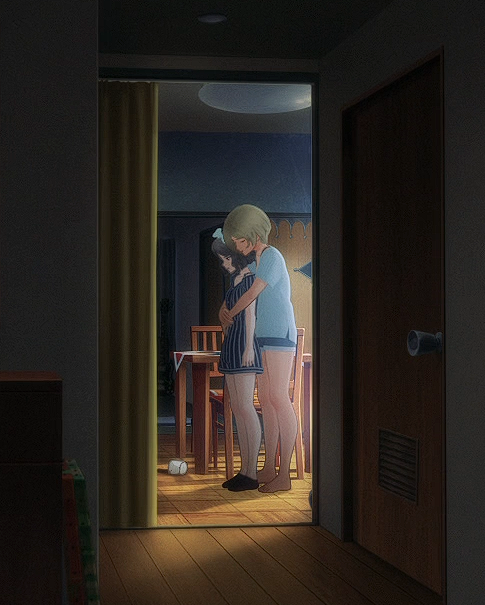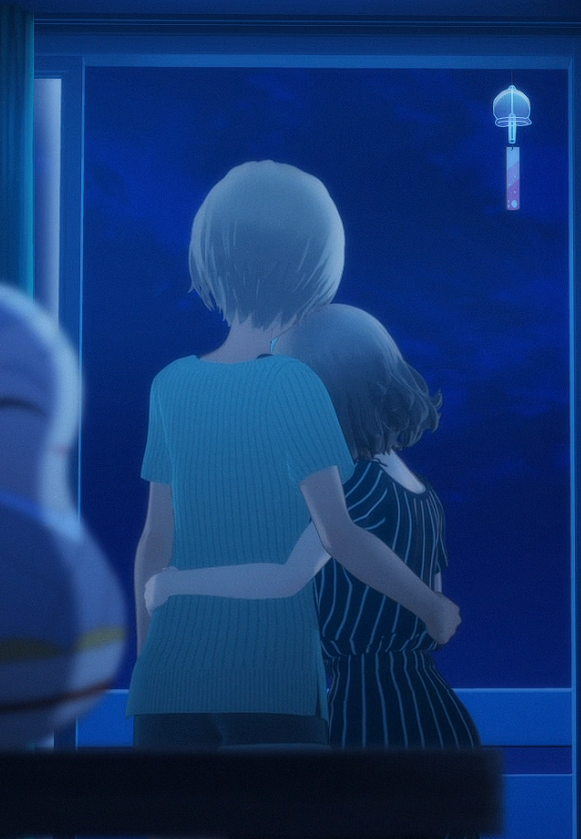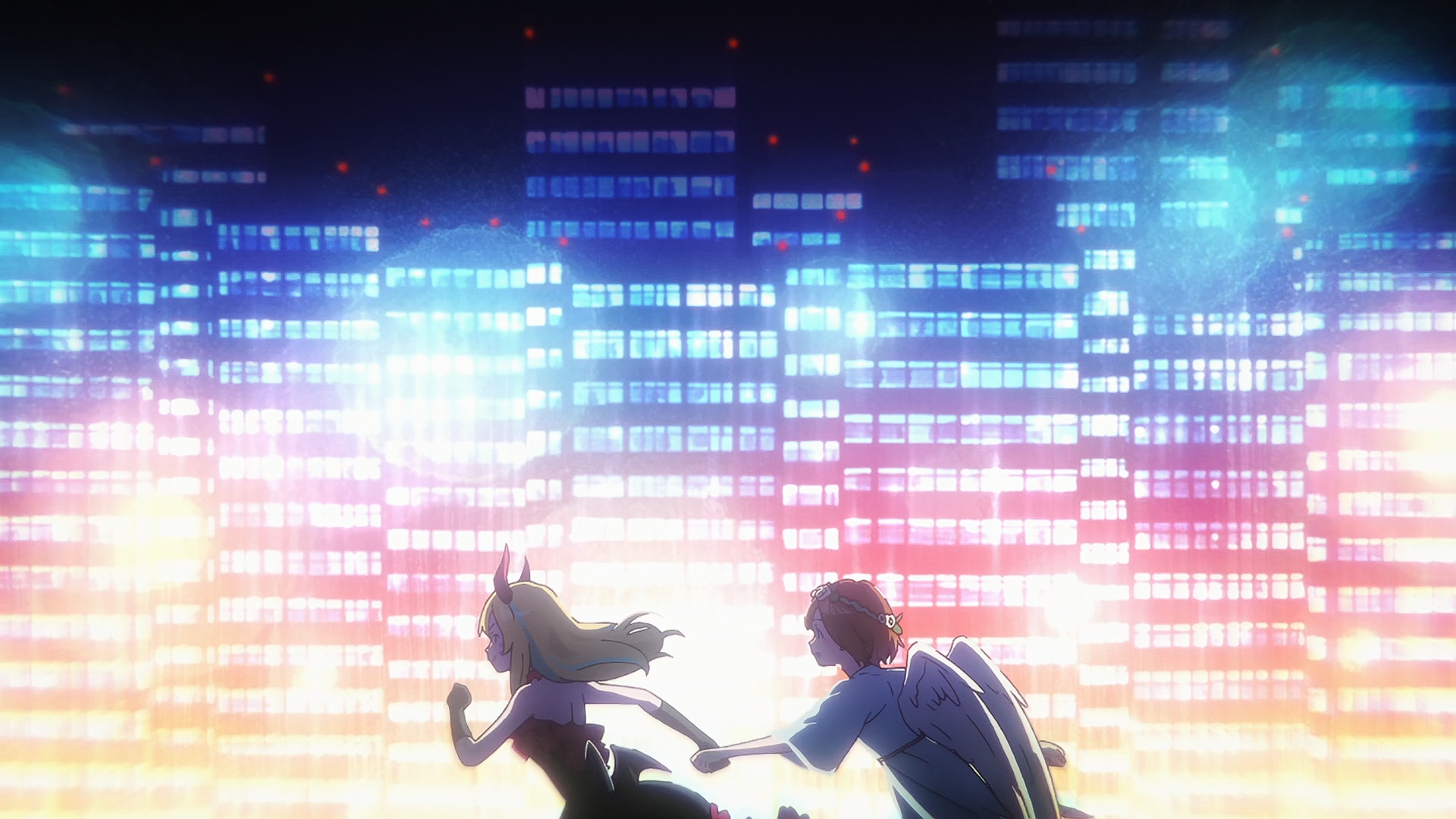I think the point is that if a computer has lost power it is likely enough to lose power again that it shouldn't go into an update cycle where losing power has a risk of corrupting files. Like windows really shouldn't be like "oh, the computer was improperly shutdown? this is the perfect time to force an update through!" and should, at the very least, ask permission to do so through a "this computer wasn't shutdown correctly, is it safe to update?" screen.
KobaCumTribute

Is that a normal, perfectly acceptable moat for an enclosure in a dinosaur/prehistoric animal zoo game? Is this actually a game that treats dinosaurs as just the large animals they are, instead of as magical movie monsters? Because as silly a thing to focus on as that is that is like the biggest aesthetic criticism I have of anything to do with like Jurassic Park or its sequels and spinoffs.
Is the game itself any good, or at least better than the Jurassic Park branded zoo games that are rather silly and not very good at being zoo games?
Why did they react so massively, instead of dicking with patches?
Its fundamental issues were really just two things: it was a $40 game competing in a stale genre dominated by well established F2P games, and literally nobody even knew it existed in the first place. It had nothing selling it, Sony didn't do anything to manufacture any sort of enthusiasm, and the first time anyone heard about it was when there were a ton of "lmao you ever heard of Concord? No? Well get this, nobody's playing it! This game you haven't heard of, that nobody's heard of? It's dead, complete flop, what a joke amirite?" articles that sealed its fate because PvP games more than anything live on player confidence and investment (hence why F2P live service models have become basically mandatory for them, because anyone can "just try" those which helps keep the population numbers high enough that people keep playing).
It's still kind of weird they didn't shuffle it around and rerelease it as a F2P live service game, which it probably could have survived as, but honestly after getting the "dead game in the first 12 hours" rep it probably wasn't ever going to draw in crowds because all anyone associated it with was it being dead and unpopular.
You can just say "what if the dog was driving the average american suburban assault vehicle."
I think it's simpler than that: their consultant class principally comes from the exact same class as the GOP base, with the exact same material interests and cultural biases, they just think themselves smarter and more elite than the baying hogs they share 99% of their interests and beliefs with. Democrats triangulate as their advisors tell them to, while remaining entirely subservient to Capital.
They have no beliefs or principles other than that managerial technocratic devotion to the status quo and American hegemony, but even there they're so vapid and uninspired they just get led about by grifters and fall into this doublethink of "it's bad for political leadership to lead and try to influence political opinion, so we won't ever do that at all, except it's good to influence political opinion in favor of American capitalist hegemony and the police state and all the atrocity that supports this so we will furiously cleave to that party line and purge any and all dissent."
They have fully rotted away into this entirely hollow shell of managerial technocrats in the past decades as some advancement of gerontocracy and the further maturation of the lobbyist grift complex, to the point that they're not even competent at their cynical hegemony maintenance role anymore.
I never played the warhammer fantasy tabletop (I did play 40k, though it's been a long time since that and all the actual games were online through vassal), but I did read the rules and army books back in whatever edition was contemporaneous to 40k's 5th edition, as well spend a bit of time reading forum threads talking about the meta.
And that's about what I remember about Cold Ones: they're a really cool concept and design that just gets overcosted and has too many drawbacks.
In TW:WH2 they've got the same issues: too expensive, too slow, too many drawbacks, in a meta that heavily leaned into ranged spam, especially for Dark Elves who had one of the best and most spammable ranged infantry units in the game. Some armies relied on pitting enemies with chaff to slam with a hammer or rain tons of fire down on them, and for a few the chaff they pinned enemies with was also going to grind them down on its own, but others were just "kite and rain fire down on enemies, avoiding getting pitted" and Dark Elves were one of those.
Cold Ones are so disappointing, though they're apparently getting that from the tabletop too. The Skaven and undead pirates were fun, though.
Secondly, if it was, indeed, education that was at fault, what would you change, then?
Oust the liberals from academia and also prevent the dumbass spiral towards liberalization caused by Khrushchev's bloc's reforms and the tacit acceptance of the "second economy" that the post-Stalin USSR had. Without all those conditions he'd just be some guy.
I wouldn't be so sure, considering that there was the whole rest of the colonial world to exploit. It would just be more dispersed, I'd wager.
China was unique in that it had a massive well-educated population and at least some infrastructure ready to go, while primarily lacking industrial capital. It was basically the conditions of post-war Japan on a much larger scale, and the incorporation of Japan into the US economy as a colonized industrial base was basically the same phenomenon decades earlier: a way to increase the US's overall material wealth in consumer goods without the cost of scaling up production domestically.
The opening of China as a market had an even bigger effect and came at an even more opportune time, however, because it happened right as American industrial capital was aging and needed to be replaced anyways, and as a lot of local labor pools were almost fully utilized. That is, American industry was running up against material barriers to further expansion and was coming up on costly replacements and upgrades, and China solved both of those: with a huge pool of educated workers, lots of room for new development, and an eagerness to buy fresh industrial capital, it became possible for American industrial companies to get larger factories with more workers than they could have had in the US for the same cost as upgrading their existing factories, or to shift some of their production entirely to Chinese companies and just serve as middlemen.
In short, they got a cheaper investment that cut their ongoing costs and increased their supply, enabling rapid growth and letting them avoid the wall of full-exploitation that they'd run up against. There really wasn't any other place that could offer the same benefits at the same scale as China.
And without the recovery of the US and the seeming wealth in consumer goods that outsourcing to China enabled, a generation of Soviet students don't get the dumbest brainworms ever by mistaking American colonial plunder for some sort of secret magic efficiency of markets.
All total war games since shogun 2 are bad.
TW:Warhammer 2 was good, provided you pirate it and get all the factions. I feel like Total War really shines with a bunch of weird variety and radically different core mechanics for factions instead of the more historically focused titles' "these guys with spears are 5% better at doing spearman stuff than these other guys with spears because of their brainpans being more optimized for poking people with sticks or something" gamification stuff. It's just their model of hacking up the game into little pieces to then sell each piece individually on top of the full price of the game sucks.
Gorbachev was a teenager in 1950. You'd be better off making sure he got a better political education than he did, though really his problem was just that he was a likable, competent bureaucrat who was also a completely uninspired dumbass when it came to leadership so he let his policy get written by anticommunist extremists. Without Khrushchev's dumbass failures and revisionism, without Brezhnev's failure to correct course, without Andropov's early death, and without longstanding systemic rot that allowed a large liberal bloc to form and give everyone the dumbest brainworms possible, Gorbachev would just be some friendly party official competently carrying out what he was told to do.
Taking out Khrushchev's bloc is probably the single most decisive thing: without their liberalization reforms and general revisionism the Soviet economy continues growing rapidly, the Sino-Soviet split probably doesn't happen, and without China opening up as a base of labor and a market for capital from the US the US hits a hard wall in the 1970s with no solution to maintaining capitalist growth.

 so this is basically the only place I trust to ask.
so this is basically the only place I trust to ask. , and was also paced for that to actually work as the climax.
, and was also paced for that to actually work as the climax.



100%. There's a pervasive sort of belief that laws are discrete, literal things carved into the very ontology of existence instead of fuzzy guidelines enforced or ignored at the arbitrary whims of the legal system which also has no actual obligation to know the laws and whose will is still considered legitimate even when it is directly breaking the law or making up imaginary ones that don't exist but some dipshit cop thinks they do. Like it's just straight up these civic cult brainworms that legislatures are doing some sort of magic ritual to create Law and this then becomes some sort of real and true binding principle to be unfailingly carried out by reliable enforcers.
Dial up that belief even further and it becomes like the civic cult's version of numerology and prophesy through analyzing the holy texts, where they believe so wholly in legal literalism that they start to think it's a magic system and they're wizards who can exploit its literalness and nature of being fundamental to reality to their own advantage.